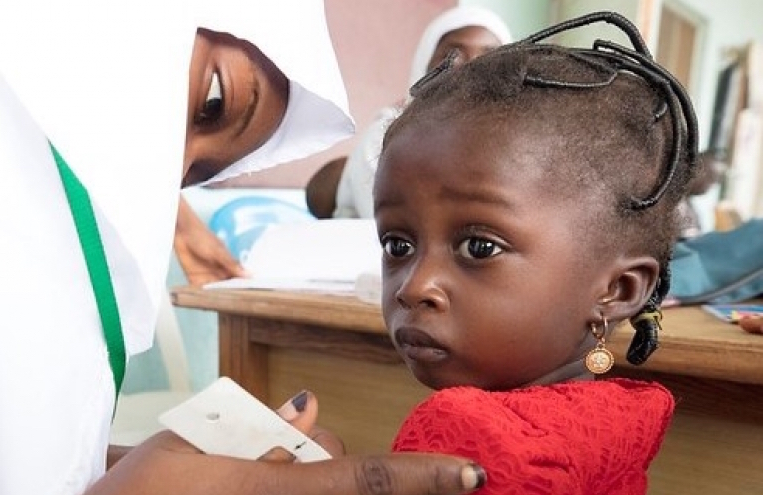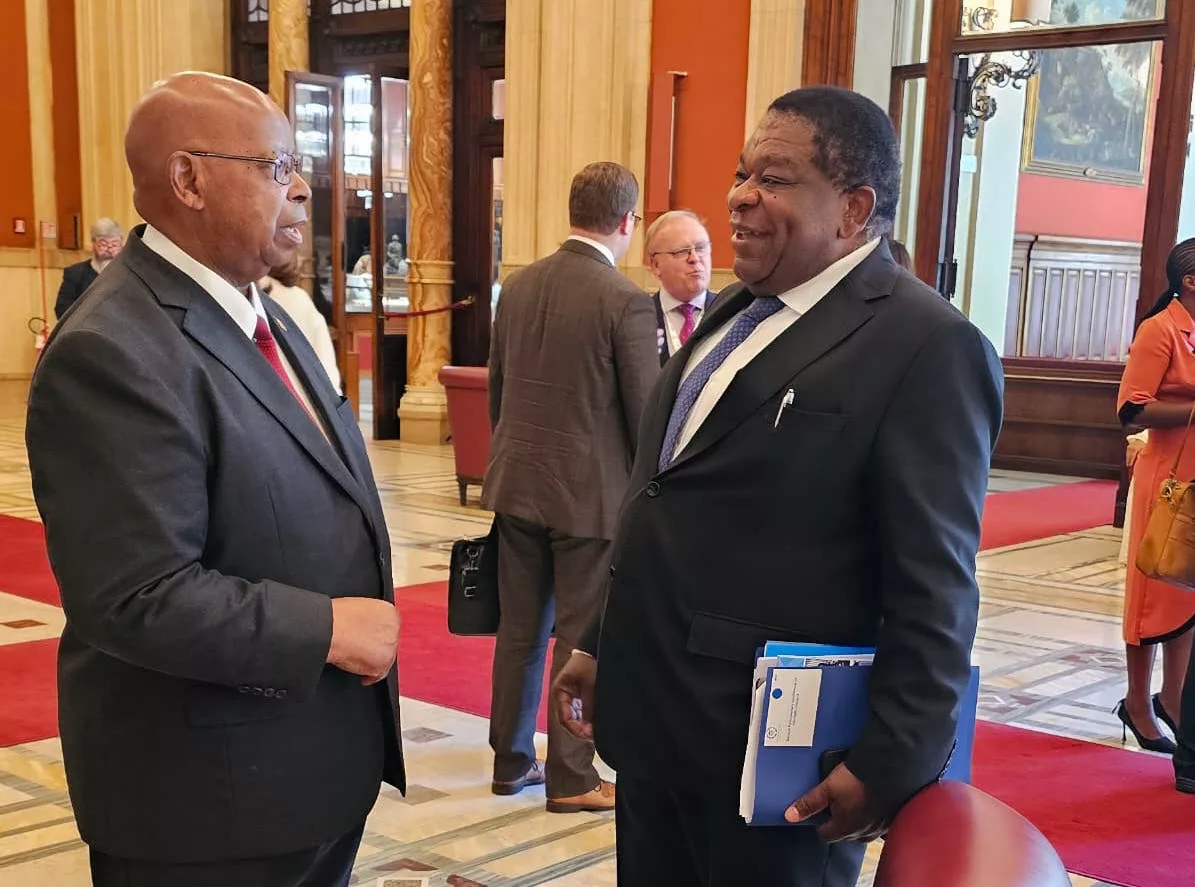2020 was set to be a year of milestones for gender equality and health: Half a decade into the Sustainable Development Goals, 10 years since the establishment of UN Women, 20 years since the UN Security Council Resolution on Women, Peace and Security, and 25 years since the Beijing Declaration and Platform for Action. Progress, albeit slow, was being made.
But then the worst global public health crisis in a century struck with devastating impacts on health and economies. As countries battle the COVID-19 pandemic, emerging evidence shows that women and girls are paying the highest price through an increase in gender-based violence during lockdown, a reduction in access to needed sexual and reproductive health services, job losses and a lack of social protection, school closures, and increases in unpaid care.
2020 quickly turned from a year of milestones to one where decades of progress are at risk. While countries scramble to fight COVID-19 on health and economic fronts, stepping up our efforts on gender equality has never been more urgent or critical.
Putting gender equality back on the agenda
Our challenge is to remind the world why gender equality in health cannot and must not be the ultimate casualty of this pandemic. We must put gender equality back on the agenda for governments and health systems.
The world is rightly occupied with COVID-19, but without an urgent shift to protect disrupted health and nutrition services for women and children, much more is at risk. With the pandemic already wiping out 25 years of development progress in just 25 weeks, countries need to act now before even more hard-won improvements are lost.
The good news is that prior to COVID-19 there had been significant improvements in access to quality, affordable health services, and reductions in maternal and child mortality and adolescent pregnancy, and improvements in child nutrition. In Ethiopia, for example, the number of children receiving the final dose of a critical immunization series increased from 53% to 61% between 2016 and 2019. Tanzania nearly doubled coverage for four antenatal care visits to 80% between 2016 and 2019. In Afghanistan, between 2015 and 2018, deaths among newborns and children under five years old dropped sharply by 34% and 35% respectively, stunting was cut from 40% to 36% and wasting from 9.5% to 5%.
In many countries, these key indicators of progress were backed by increased financing for health. In just three years, Democratic Republic of Congo increased domestic resources for health from 7% to 10% of its total budget, helping to expand service coverage and improve health outcomes in key areas.
But these results – and many like them in other countries – are in jeopardy, due to local lockdowns, travel restrictions, difficulties in obtaining personal protective equipment, and severe shortages of essential medicines. It is estimated that as many as 26 million women could be on course to lose access to contraception in 36 countries, leading to nearly 8 million unintended pregnancies.
The international community has stepped up to help to protect some services, but not enough has yet been done to turn the tide.
A brief and closing window of opportunity
A global collaborative and country-led effort to improving the health of women, adolescents and children has never been more critical. If the world is to achieve gender equality, protecting the health of women and children during the COVID-response is vital.
We have a brief and closing window of opportunity to change the trajectory for millions of women, children, and adolescents. The international community must put its weight behind the most marginalized populations. Gender equality in health must be put at the top of the political agenda, underpinned by concrete policies, finance and action, to protect lives and facilitate progress.
This can only be achieved with collaboration, coordination, and a country-led approach. Donor governments, philanthropic organizations and recipient governments need to all work together to raise funds, invest smartly, and deliver technical assistance. The upcoming UN Women Generation Equality Forum in 2021 will be a key platform to galvanize broad political support and ensure that momentum translates into country policy, budget commitments, and sustained actions.
Countries lead the way
The Global Financing Facility for Women, Children and Adolescents (GFF) is a country-driven, collaborative platform providing technical and financial support, set up in response to developing countries’ call for global partners to align behind their national health plans and priorities, thereby fostering a permanent shift in the global health and development assistance paradigm.
The recently endorsed GFF strategy for 2021-2025 will strengthen GFF’s country-led partnership model and its impact even further, with increased focus on bolstering country leadership, advancing equity and gender equality, reimagining frontline service delivery, driving more equitable health financing, and maintaining a relentless focus on results.
COVID-19 has changed the world forever. We each come to this with our own perspectives, but we all come to the same conclusion: By working together, we can ensure that the progress lost on gender equality in health can be clawed back . This is our commitment and we are calling on the international community to join us and contribute to getting progress back on track and accelerating our efforts to ensure women, children and adolescents can access the health and nutrition services they need to survive and thrive.
The blog comes out of a discussion organized by the GFF and held on the sidelines of the World Health Summit. Panelists at the session made clear the need to double down on efforts to protect gains and promote progress for women, children and adolescents, which was also reflected in the final communique of the World Health Summit.
First Published on Investing in Health






